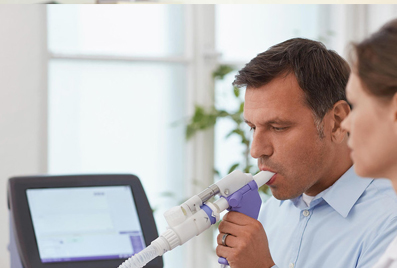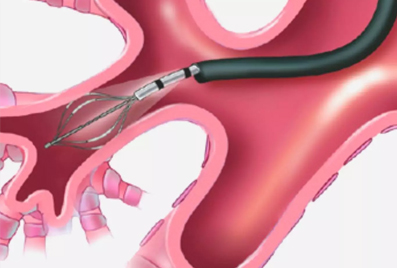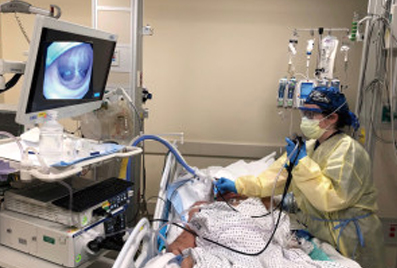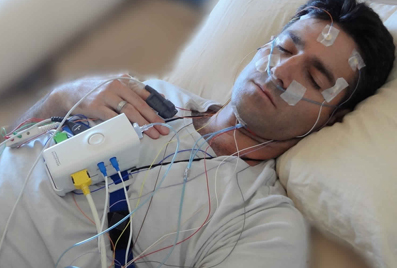Pulmonary Function Testing
What is Pulmonary Function Testing?
Pulmonary Function Testing is a group of non-invasive lung tests that shows how well your lung is functioning. In case of trouble breathing, shortness of breath, or chronic respiratory illness, your physician may recommend a pulmonary function test.
Plethysmography, spirometry, six-minute walk test, lung volume test, and exhaled nitric oxide test are the types of functional testing. It measures lung capacity, lung volume, residual volume, expiratory flow rate, and more. Depending on the patients’ diagnosis and tests, pulmonary function testing will measure how well the lung transfers oxygen to the blood.
What is the need for Pulmonary Function Testing?
Your physician will recommend a pulmonary function test to diagnose various lung diseases. It is also part of routine health check-ups of healthy patients and workers who work in specific environments that contain lung irritants like a coal mine.
Pulmonary functions tests are performed to:
-
Diagnose lung diseases like asthma, respiratory infections, bronchitis, etc.
-
Detect narrowing of airways
-
Find the cause of shortness of breath
-
Identify the changes in the lungs' ability to transfer oxygen to your blood
-
Determine the patients’ tolerance to medication or surgery
What are the risks of Pulmonary Function Testing?
The pulmonary function tests are non-invasive. However, all procedures will have slight risks that the patient must consider. Some common risks of pulmonary function tests include:
-
Dizziness
-
Coughing
-
Shortness of breath
-
Asthma attack
In some cases, the physician will not recommend a functional test due to the patient’s health or specific situations like:
-
Recent eye, belly, or chest surgery
-
Existing or high risk of chest pain, heart attack, or other heart conditions
-
Aneurysm on chest, abdomen, or brain
-
Active tuberculosis or respiratory infection
How to prepare for Pulmonary Function Tests?
Before a pulmonary function tests, your physician will explain the procedure and give you directions for preparations. You must inform your provider about your medical history and the medication you take before the test. Make sure to:
-
Take the right medicines as per your physicians instruction
-
Stop smoking. Your provider will inform you how long before the test you must stop
-
Inform the provider if you use an inhaler
-
Avoid eating large meal 2 hours prior to the test
-
Do not drink alcohol 4 hours before the test



